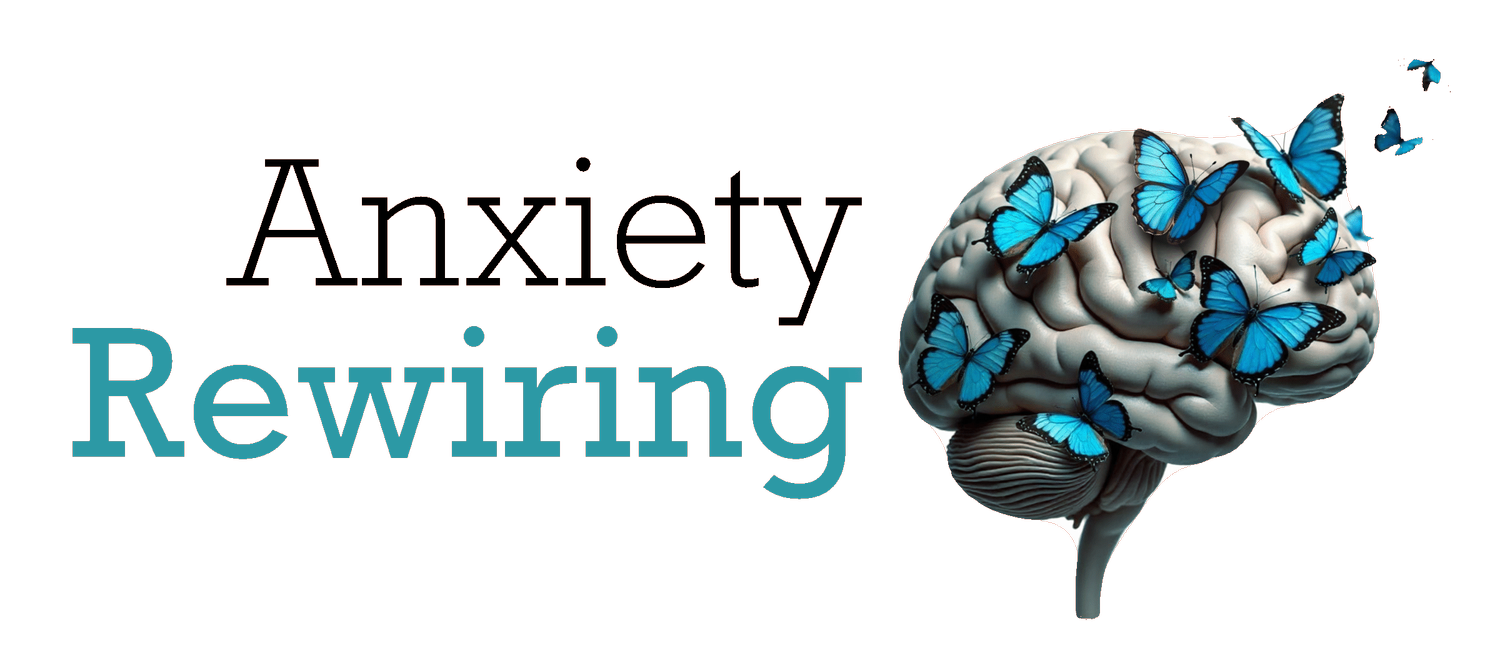Toxic Relationships: Choosing What You Participate In
Sometimes, the hardest truth to face is that a relationship you’ve invested in is not good for you. It might show up as constant criticism, manipulation, control, or a steady erosion of your self-worth. It may not have started that way — but over time, you realize you feel more depleted than supported.
Understanding Toxicity
A toxic relationship is one that consistently undermines your mental, emotional, or physical well-being. It may involve patterns like gaslighting, controlling behavior, or chronic disrespect. In therapy, identifying toxicity is not about labeling someone as “all bad”; it’s about recognizing when the dynamic itself is incompatible with your health and values.
The Psychology of Harmful Dynamics
Toxic relationships can keep your nervous system in a chronic state of vigilance, eroding self-trust and resilience. Trauma models note that long-term exposure to emotional harm can normalize mistreatment, making it harder to step away, and harder to recognize mistreatment in new relationships. Attachment theory highlights that even damaging relationships can feel hard to leave when deep emotional bonds are in place, especially if those bonds mirror early experiences. This makes stopping the cycle difficult.
Looking Inward First
Ask yourself:
How do I feel during and after spending time with this person?
Am I able to be myself without fear of retaliation, judgment, or manipulation?
What beliefs keep me engaged in this dynamic, even when it harms me?
Examples of Self-Supportive Boundaries
I’m limiting my conversations with this person to topics that are safe for me.
If I’m being yelled at, I will leave the interaction.
I choose not to share personal information that could be used to undermine me.
One Small Step This Week
Identify one specific behavior or situation in the relationship that drains you. Decide in advance how you will limit your participation in it — whether that’s reducing contact, changing the topic, or stepping away. You cannot control another person’s behavior, but you can choose how you participate. That choice is where your power lives.

